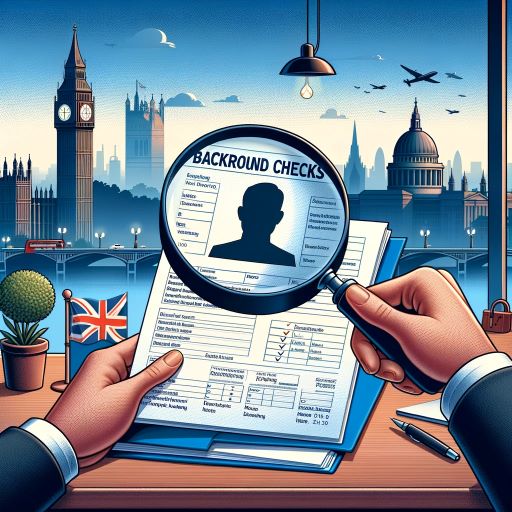
difference between bpss and sc clearance
Work permit verification
1. **International Background Checks:** Expect a growing emphasis on international screenings to guarantee thorough vetting for BPSS compliance.
The verification of essential documents plays a pivotal role in the recruitment process requirements for obtaining BPSS clearance. To guarantee a thorough evaluation of candidates, organizations typically follow these steps:Applicants need to provide documents like a passport or driver's license to confirm their identity.
BPSS checks are typically required for individuals working in, or on behalf of, the UK government. This includes various roles within the public sector, such as in defense, health services, and law enforcement.
Difference between bpss and sc clearance - Work permit verification
- Access control
- Employee screening
- Confidential data handling



